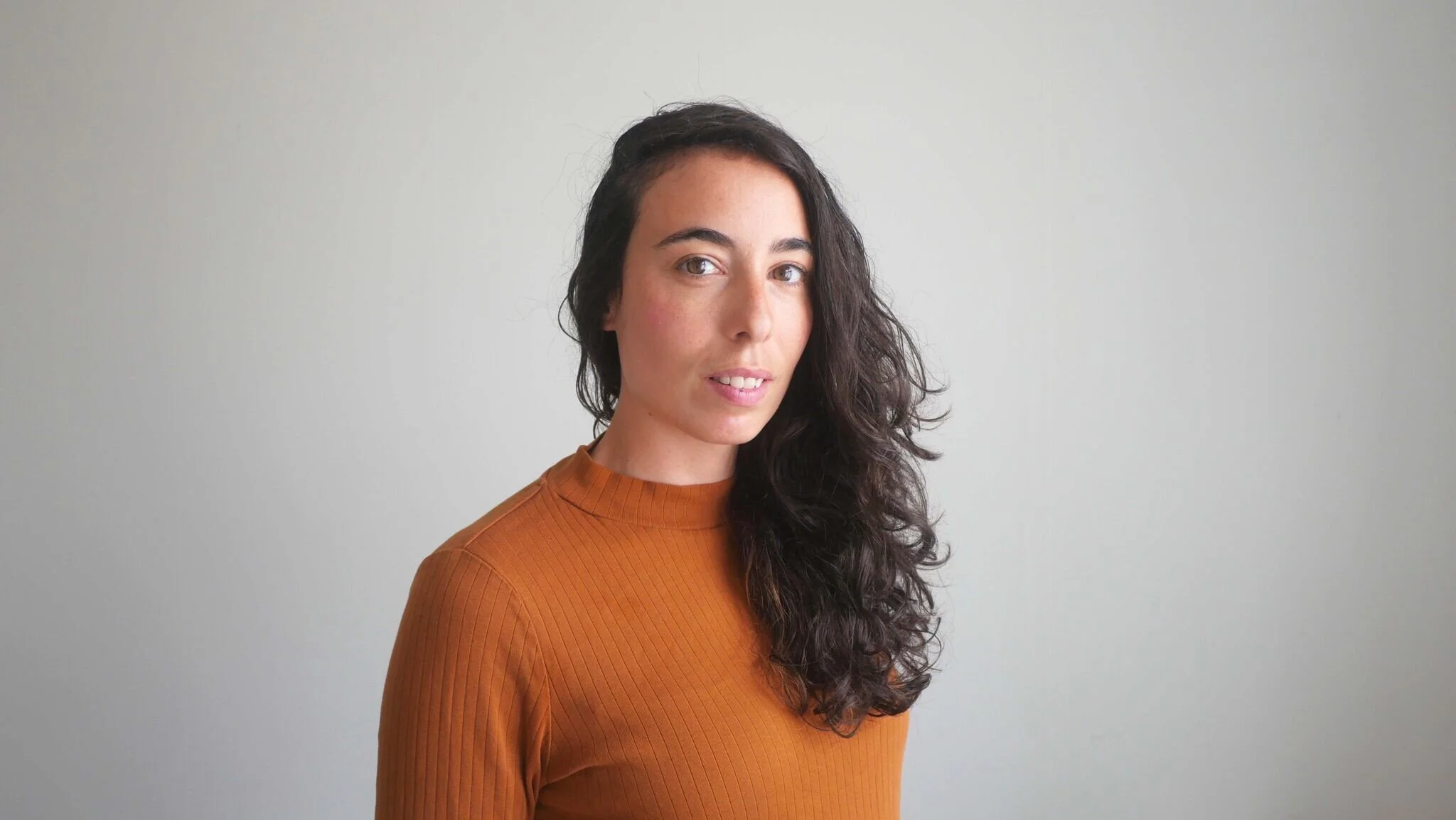Researc.her — Damaris Rodriguez
Sometimes when I ask people “what would you like to do as a designer?” a lot of them simply say “I want to do what Damaris does”.
I invite you, dear reader, to be one of those people because Damaris’ work is extraordinary.
Can you introduce yourself?
My name is Damaris Rodriguez, and I am the co-founder of Sonder, a design collective focus on social change. For the last four years I have used my design skills to understand global health challenges, from creating solutions for maternal health in India, Nigeria, co-creating hand washing solutions in Ethiopia, piloting group models for AnteNatal Care in Uganda to designing services for women to support the end of pregnancy in Mexico.
What is your background?
My journey on design started in Media, and after a few months in university, I realized media it was not going my passion. I began to focus my attention on graphic and web design, and I started to read what User-Centered Design was and curious to learn more. Started to work in digital design and explore the world on interaction design, in the digital and also physical world. During the years the material world got more my attention, and my curiosity went more to understanding what the right problems that design could bring value, rather than designing solutions.
On the research field, which female professionals inspired you?
Since I started to work, I always observe women later in their career and reflect on their journey. I still admired women that the connect their personal self with their professional self. But the majority of my research work is being focused on maternal health, so I have the opportunity to talk with many women, midwives and also many female researchers.These days my biggest inspiration is Ledia Andrawes and Melanie Wendland. These two women are the people I spend more time talking recently, and I feel privileged for joining me co-funding a design collective. I feel incredibly privileged to have female professionals around me that create a fantastic environment and inspire me every single day to be the best person and designer I could be.
In your opinion, what is the value of design research?
I believe that design research has an incredible value to inspired and informed better design solutions. But for me, the untapped value of design research is more focus on the process rather than the outcomes. Design research brings an opportunity to shape design as an intervention to enable an environment for dialogue, openness, equality, and empowerment.
The process of design research is a fantastic opportunity to bring people together, to accept diversity and focus on what brings us together and find the commonalities rather the differences.
Today, we are always talking about how societies are becoming more polarised, and I see the amazing opportunity of design research to design solutions that create more collaboration and constructive dialogue.
What obstacles do you find in your daily work?
Design Research is still a quiet new discipline in Global Health. We are still trying and showing the value and the impact of applying design approaches to health challenges. I spend a lot of my work communicating the value of design research compared to other Social Behavioural Research approaches. This obstacle creates an excellent opportunity to be very thorough with the design process and continuously reflect on how your work can lead to better health outcomes.
How do you see the future of research?
I’m very worried to see that most design produced is mostly embedded and serving the capitalist system. We have exciting times ahead where we need to start proposing alternatives for our future.
Designers, we need to start looking beyond and start asking ourselves, more significant and bolder questions.
Can you give some advice to someone that is starting now?
Use your environment as a starting point for your journey. We always tend to try to explore unexplored territories, but you can do so many things and start understanding better your environment. Methodologies and tools are there to use, but I see people starting in design obsess with them these days. My recommendation would find people that inspire you and try to learn from them as much you can. That is what I did when I started, and I really recommend you to do.
Please, recommend 3 books that you love about research.
I don’t like to recommend books on how to do research. I never felt they were interesting to me, and if always feel it makes design research a step of steps, rather than a mindset and a way to understand the world around us.
One book I could recommend is “Design, when everybody designs” by Ezio Manzini. Its one perspective on the evolving role of design participatory approaches for social innovation.
Now I bet you want to do what she does, right? You can find her on Linkedinand send her some love!
